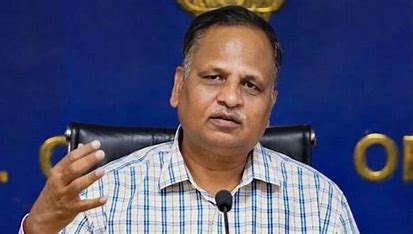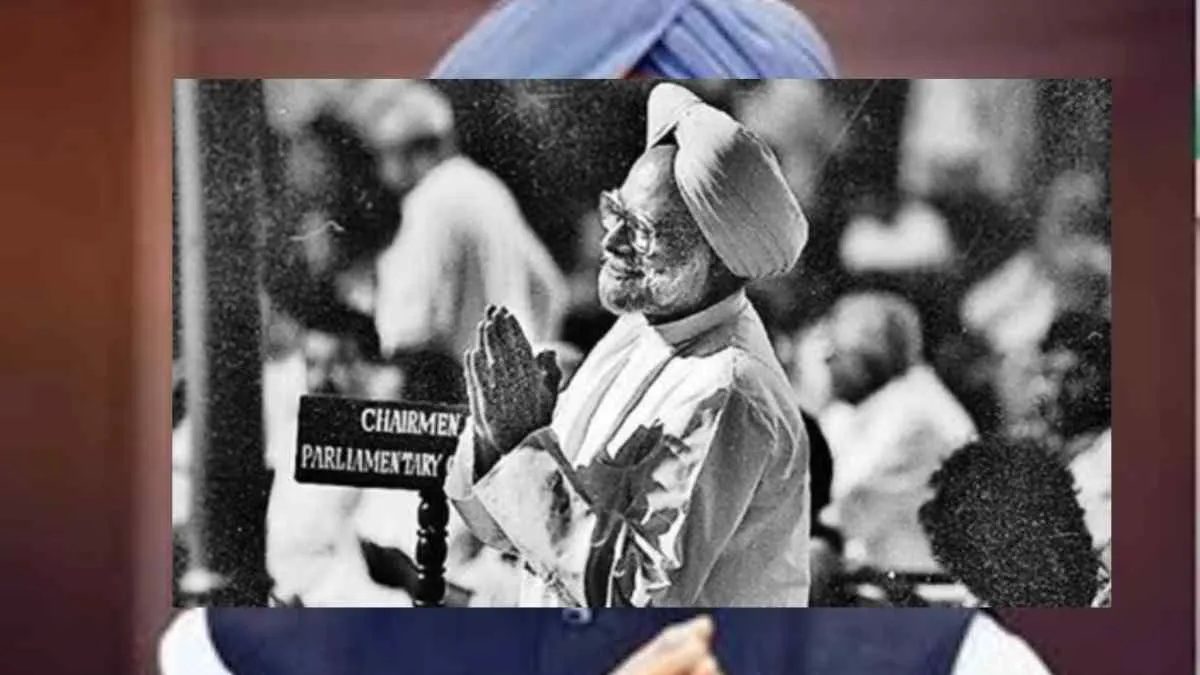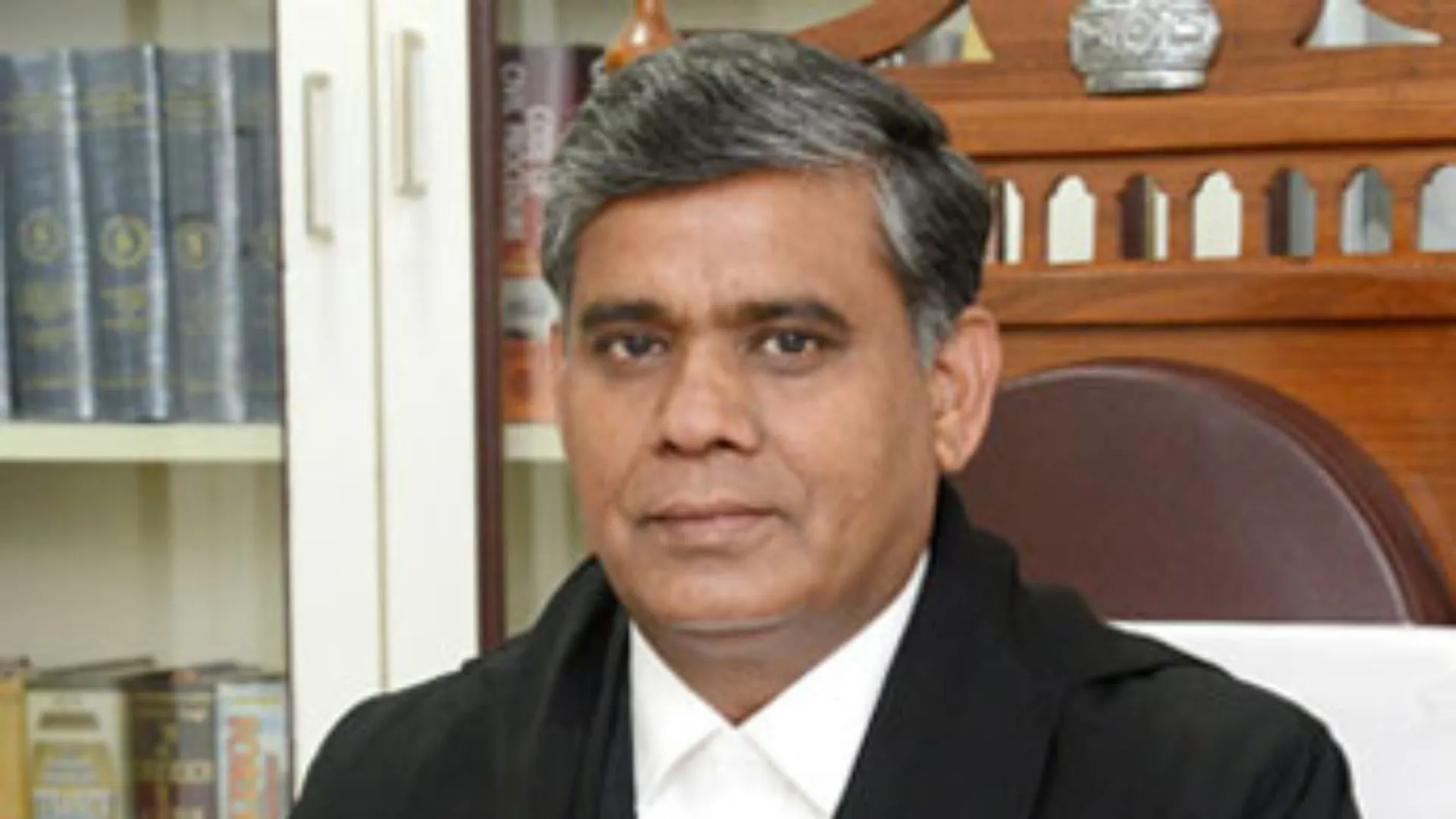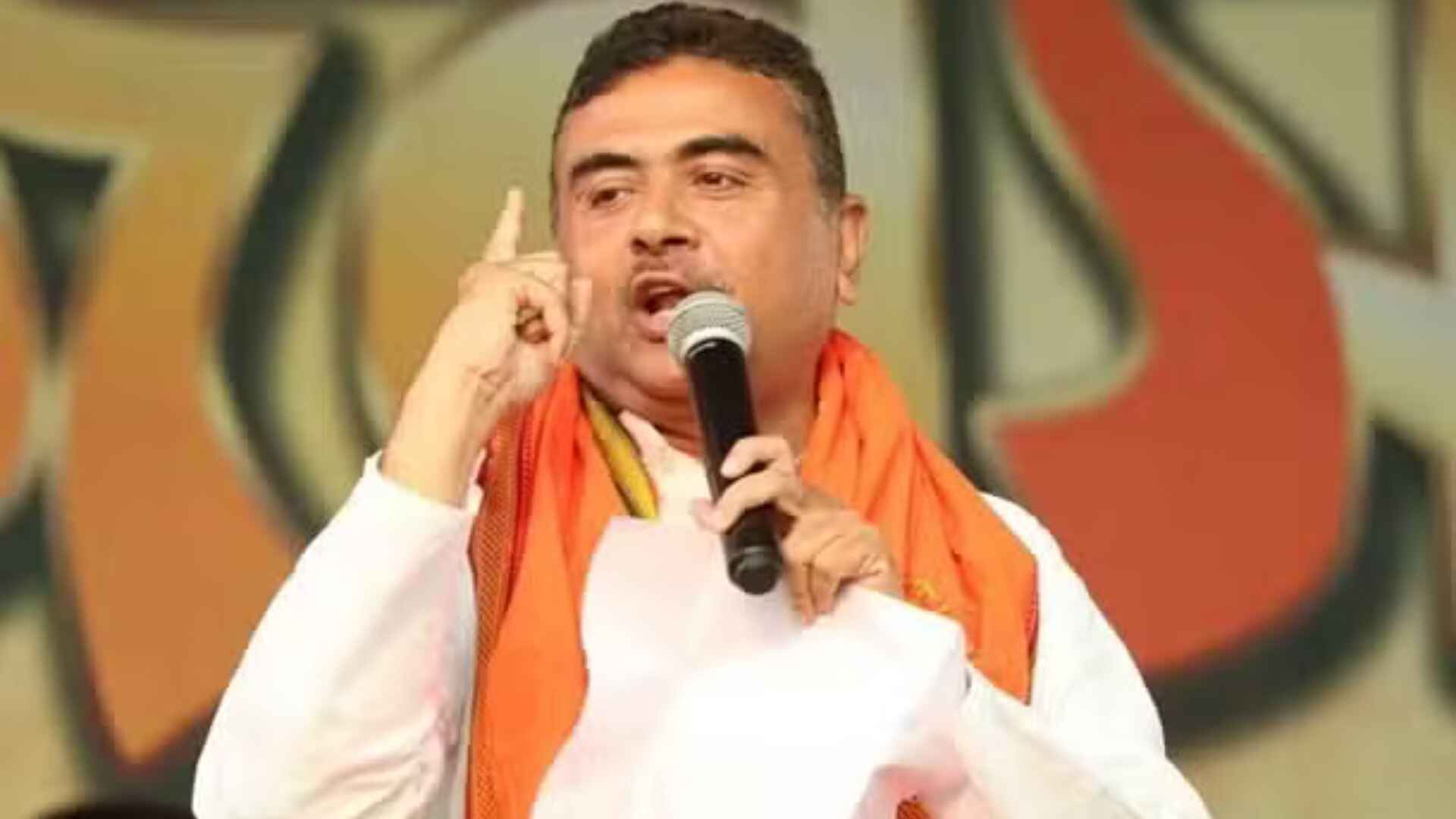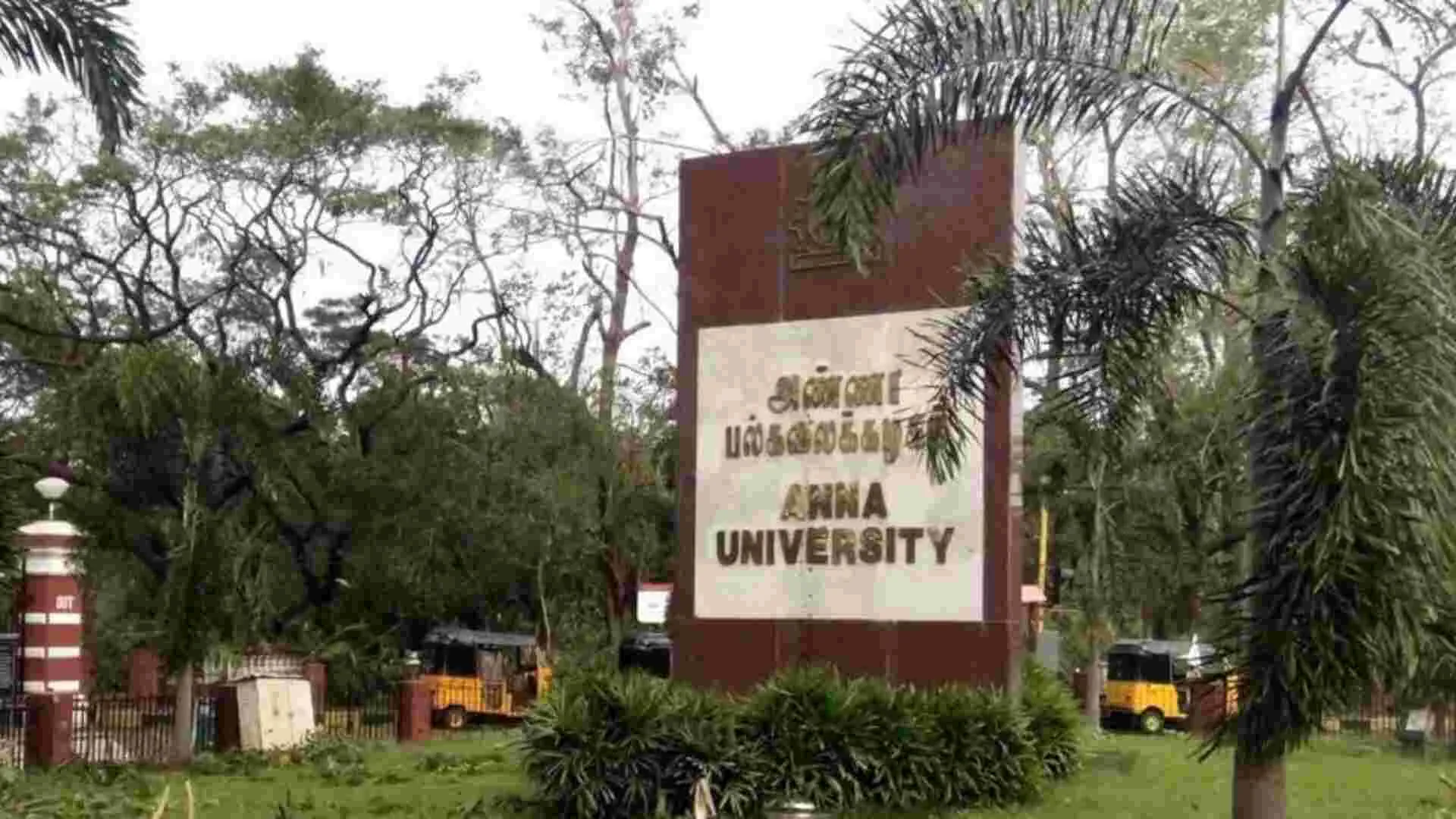In a major legal development, the Rouse Avenue Court in New Delhi granted bail to former Delhi minister and Aam Aadmi Party (AAP) leader Satyendra Jain, who had been in detention for 18 months in connection with a money laundering case. The court cited the prolonged delay in trial and Jain’s extended incarceration as significant factors for the bail.
Delay in Trial Violates Article 21
Special Judge Vishal Gogne, who presided over the case, underscored that Jain’s long detention without significant progress in the trial process was an excessive curtailment of liberty. The judge remarked, “Liberty is a core constitutional value under Article 21, and prolonged incarceration without trial violates this principle.”
Key Considerations for Bail
The court emphasized that Jain had not been arrested in connection with the predicate offence and had fully cooperated with the investigation under the Prevention of Money Laundering Act (PMLA). Furthermore, Jain’s arrest occurred five years after the registration of the Enforcement Case Information Report (ECIR), and no allegations were raised regarding the tampering of evidence or influencing witnesses.
Judge Gogne referenced the Supreme Court’s decision in Manish Sisodia’s bail matter, which also factored into his ruling. “Satyendra Jain is favorably suited by the parameters outlined in Sisodia,” the judge noted, citing the constitutional and mitigated twin conditions under Section 45 of the PMLA.
No Flight Risk, Court Says
The court ruled that Jain does not pose a flight risk and is unlikely to influence witnesses or tamper with evidence if granted bail. “The applicant has suffered incarceration without trial for an excessively long period, and with no significant progress towards trial, this amounts to a deprivation of liberty that violates Article 21,” the court added.
ED’s Opposition and Court’s Stand
Despite the Enforcement Directorate’s (ED) opposition to Jain’s bail plea, the court dismissed their arguments, stating that the role of the accused in delaying the trial was overstated. “The ED’s interpretation of past cases is flawed, and their argument for denying constitutional norms is against judicial progress,” the judge remarked.
Liberty vs. Stringent Laws
The court also raised concerns over the ED’s handling of cases, emphasizing that “liberty must be considered paramount, even under stringent laws like PMLA.” The judge further highlighted that detaining an individual without trial for an extended period without any arrest in the predicate offence is unreasonable and unjust.

